What you eat the night before a competition can impact how you perform during your game, competition or long-distance endurance event the next day.
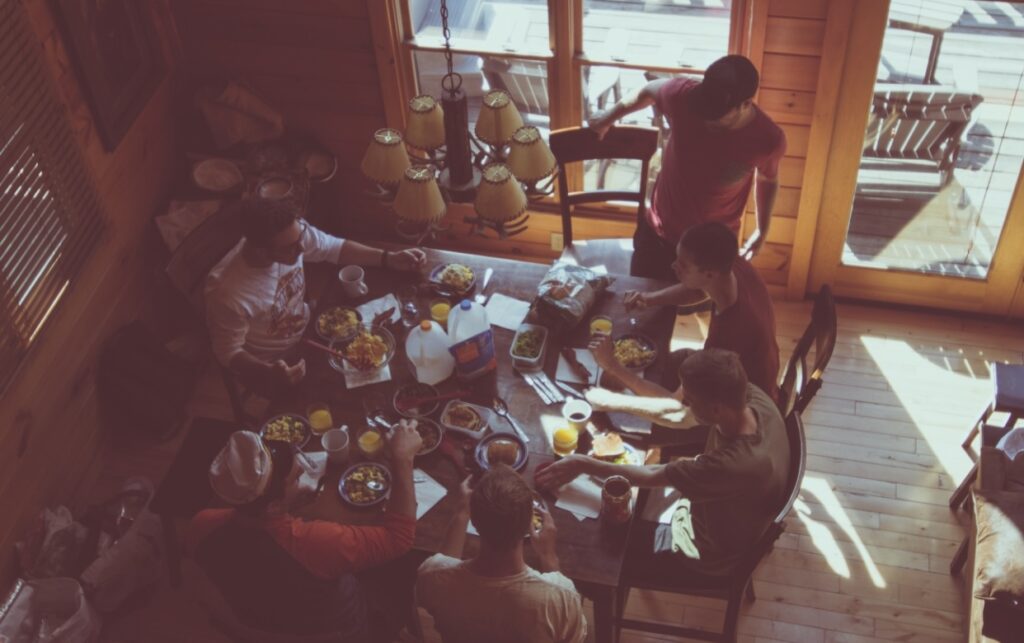
As a sports dietitian, one of the most common questions I get asked is, “what should I eat before, during and after a competition?” While game day food choices are important, what you eat the day before deserves just as much attention. In fact, what you eat the night before an event plays a big role in how your perform the next day.
What Is The Purpose Of Eating Right The Night Before An Event?
To help you understand what to eat, it’s helpful to understand the purpose of the meal. What you eat the night before a competition impacts your nutrition status when you wake up. It also plays a role in how you feel. Going to bed with a stomach stuffed full of food can disrupt your sleep and cause a stomachache – neither of which will help your sports performance. The goal of eating a carbohydrate-rich meal the night before is to fill your muscles with glycogen. But, it should also provide protein, fats, vitamins and minerals. You should go to bed well-hydrated and well-fed so that you wake up feeling energized and ready to compete.
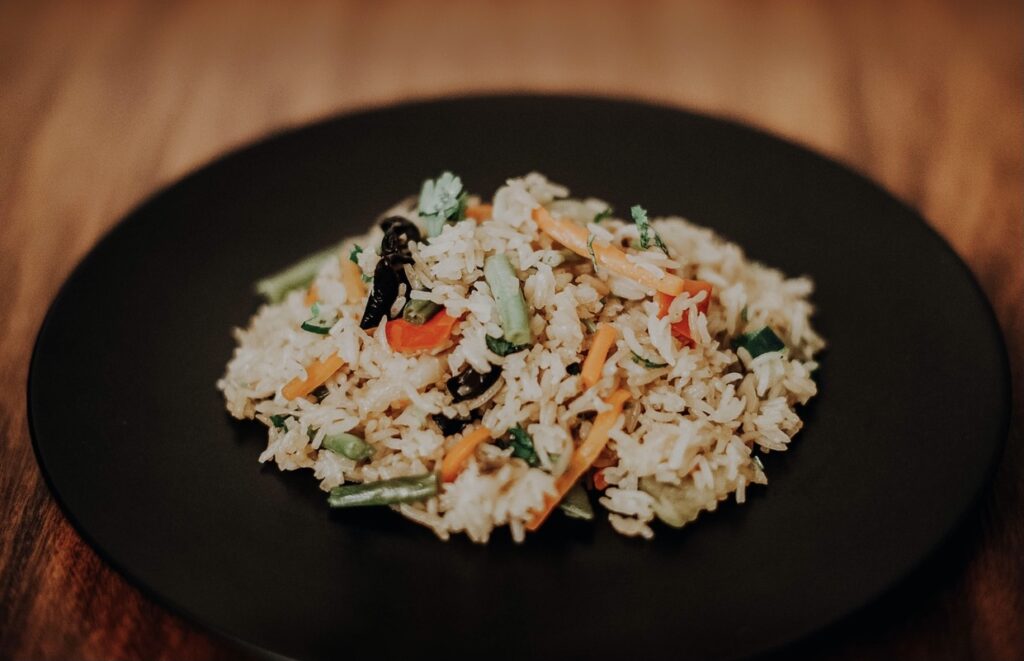
What Is Carbohydrate Loading?
Carbohydrate loading, or carbo-loading, is a strategy used to train the muscles to store the maximum amount of glycogen in preparation for an event. It involves eating a high carbohydrate diet, while tapering training, in the days leading up to an endurance event. Though many people still use the term carbo-loading, the practice is more recently referred to as muscle glycogen supercompensation.
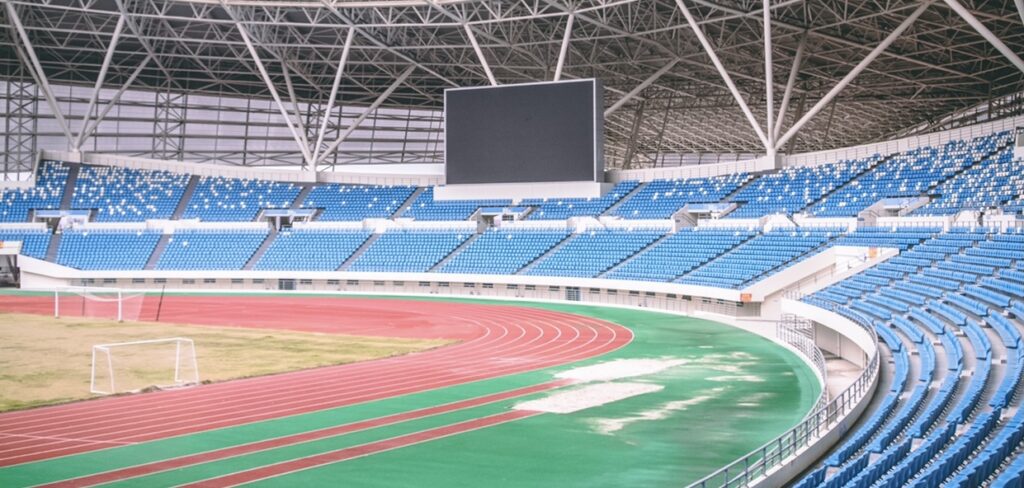
Should Endurance Athletes Carbohydrate Load Before Event?
When deciding whether to carbo-load, it’s important to consider the age of the athlete and the intensity and duration of the event. Research has shown that carbo-loading can improve performance of adult athletes who engage in intense, continuous activity lasting greater than 90 minutes. It’s hasn’t been shown beneficial for activities lasting under 90 minutes, or for lower intensity activities. There is little evidence to support this practice in younger athletes.
Even without evidence, there is reason to believe carbohydrate loading wouldn’t benefit younger athletes. That’s because, children have a limited ability to store carbohydrate. That’s especially true for preadolescent athletes. Though glycogen storage capacity improves through adolescence, the focus for younger athlete should be on getting at least 50% of daily calories from carbohydrates, as well as adequate dietary fats and proteins. Younger athletes that participate in intensive, continuous activities lasting longer than 90 minutes can support their extra carbohydrate needs by adding additional refined carbohydrates during training and competition. Examples would be sports drinks, gels, chews or energy bars designed to support the energy needs of long distance endurance activities.
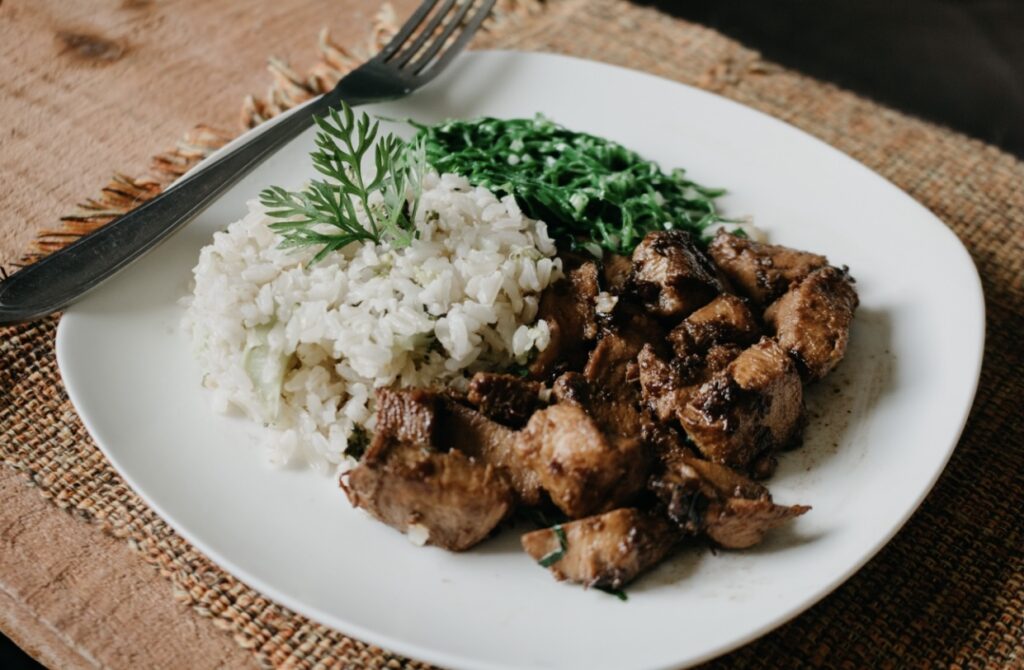
What Should You Eat The Night Before A Competition?
There’s a reason why many team mom’s host pasta parties the night before an event. Pasta is rich in carbohydrates that are easy to digest. That makes it a great choice for the night before an event. But, pasta is not the only way to fuel-up the night before competition. And, carbohydrates are not the macronutrient that should be on your plate. The following are some things to consider when planning what to eat the night before a competition.
Consume Complex Carbohydrates
The night before a competition, it’s important to eat a carbohydrate-rich, balanced meal. Unlike the simple carbohydrates you should eat right before an event, the carbohydrates in this meal are the complex kind. That’s because, you won’t be using the energy from the meal right away. The goal of this meal is to help fill your muscles with glycogen. Glycogen that you can use as energy the next day, during your event. As a general rule of thumb, I suggest eating ~25% more complex carbohydrates at this meal than you would typically eat for dinner. Good options are pasta, rice, quinoa, breads, potatoes, sweet potatoes, flour or corn tortillas and pancakes or waffles.
Include Lean Protein
Though the emphasis of this meal is on getting adequate carbohydrates in preparation for competition, it should still provide protein and other nutrients to meet your daily requirements. Try to include 3-4 ounces of lean protein with the meal, or a combination of plant-based proteins. Good options are grilled chicken, turkey, lean ground beef, ham, fish, tofu and beans and lentils.
Drink Plenty Of Fluids
The day before an event is a critical time to focus on fluids. Going to bed well-hydrated is critical to tomorrow’s hydration status. Be extra careful to stick to your hydration schedule and include fluids with the dinner meal. Water is essential but milk, juice and tea are also good options.
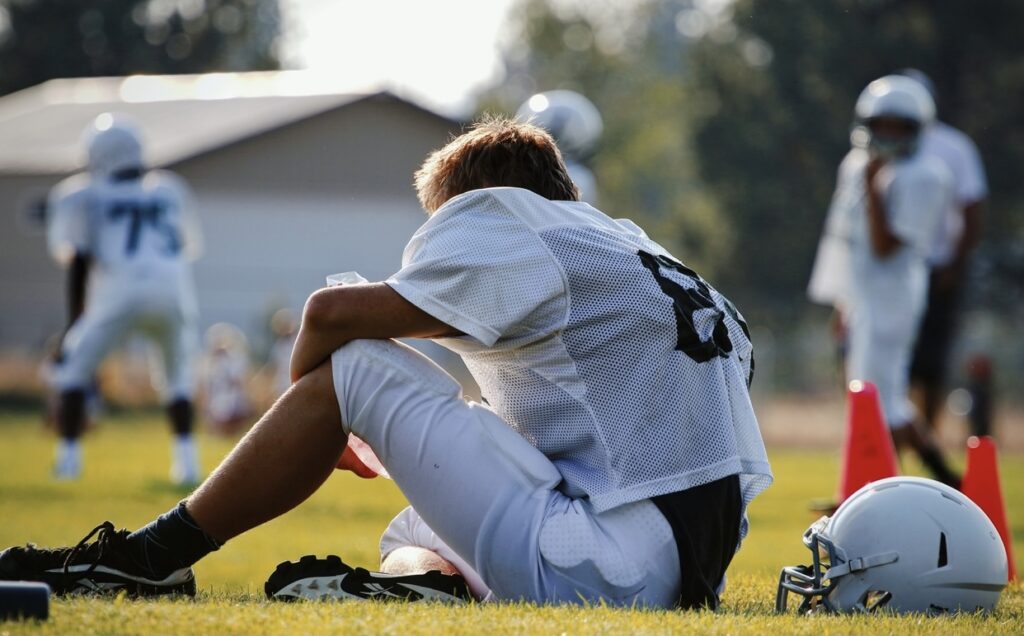
What Foods Should You Avoid The Night Before A Competition?
All foods can fit into a performance diet, but not all of them should be eaten the night before an event. Foods that can slow digestion or may cause gastrointestinal distress should be avoided. Below are some things to consider when planning your evening meal.
Avoid Too Many Dietary Fats
Dietary fats provide the essential fatty acids the body needs to function properly. Fat also help flavor food and make it taste good. But, if your meal contains too much fat, you can end up feeling full before you ate enough carbohydrates or other nutrients needed for tomorrows event. When preparing your meals, watch the amount of oil, cream sauce, nuts, seeds, dressing and other fats you use.
Limit High-Fiber And Other Gas Producing Foods
Athletes need fiber and vegetables in their meal plans, but the night before a competition is not the time to load up. That’s because bran, beans, legumes and cruciferous veggies – like broccoli, Brussels sprouts and cabbage – can cause gas and bloating as they work through the digestive tract. While those symptoms are temporary, it’s not something you want to deal with around competition time
Avoid New Foods
The night before a big event is no time to be trying new foods. You should stick to foods that you have eaten many times before and that you know your body can tolerate. If you are traveling, that might mean bringing your meals with you or choosing plain foods at restaurants.
Examples Of What To Eat The Night Before A Competition
The calorie needs of athlete range significantly from one to another, so it’s hard to say for sure how much of eat food below you will need. What you eat the night before a competition should be similar in calories to the dinner meals you eat other days of the week, with more focus on complex carbohydrates. The sample meals shown below can be adjusted to include more calories, or fewer overall calories, by decreasing or increasing the portion of carbohydrates. Just be sure to include ample complex carbohydrates, moderate protein and some fats from a variety of foods so that you get a variety of vitamins and minerals.
Try One Of These Meals:
- Homemade stir-fry or chicken fried rice made with an additional cup of rice. Include the vegetables but leave out the cruciferous variety like cabbage and broccoli.
- Lemon baked cod with a sweet potato or twice baked potato and green beans.
- Pasta with marinara sauce, 2-3 lean beef or turkey meatballs, a dinner roll with butter and a garden salad.
- Homemade pizza topped with pizza sauce, mozzarella cheese and vegetables. Add shrimp or chicken for added protein.

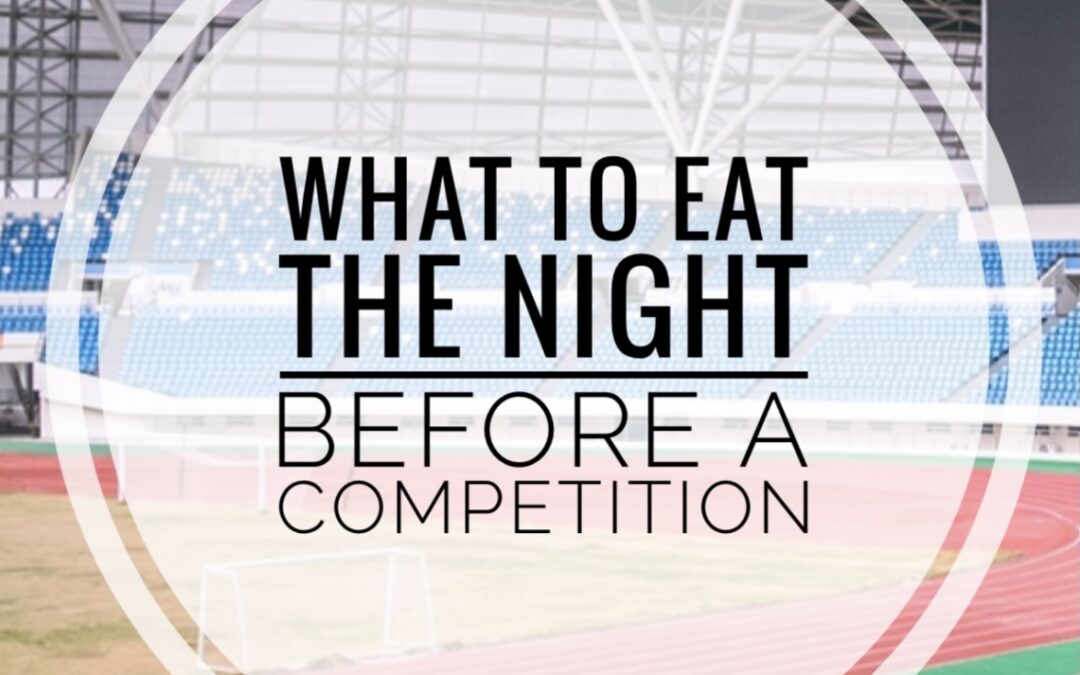
 Hi, I’m Heather – a registered dietitian, busy mom, consultant, adventure junkie and travel addict who has mastered living healthy on the go. My blog is where I share simple recipes and healthy living tips to help and inspire others to live their best life.
Hi, I’m Heather – a registered dietitian, busy mom, consultant, adventure junkie and travel addict who has mastered living healthy on the go. My blog is where I share simple recipes and healthy living tips to help and inspire others to live their best life.